Invited Speakers
Keynote Speakers
Invited Speakers
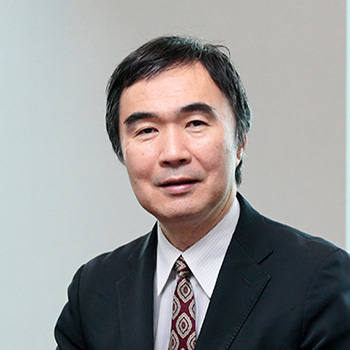
Satoshi Matsuoka
Director / RIKEN Center for Computational Science
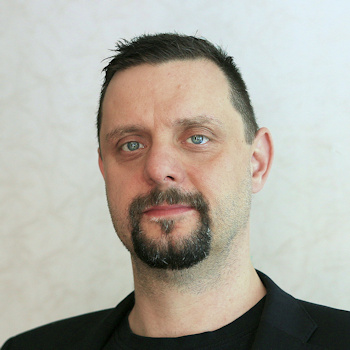
Mikael Johansson
Manager, Quantum Technologies / CSC - IT Center for Science
Biography
In his role as Manager for Quantum Technologies at CSC, The Finnish IT Center for Science, Dr. Johansson oversees CSC’s participation in global initiatives related to quantum technologies, and in general explores and enables the uptake of quantum technologies in R&D communities. He considers quantum-accelerated high-performance computing to be a central part of future supercomputing ecosystems. He spent twenty years in academia, studying and teaching quantum mechanical effects in (bio)chemistry. Dr Johansson holds an associate professorship in physical chemistry at the University of Helsinki and is vice-director of the Finnish Quantum-Computing Infrastructure.
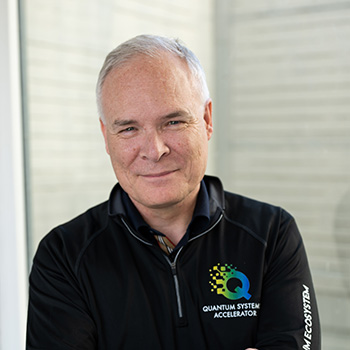
Wibe Albert de Jong
Senior Scientist / Lawrence Berkeley National Laboratory
Biography
Bert de Jong is the Department Head for Computational Sciences and leads the Applied Computing for Scientific Discovery Group, which advances scientific computing by developing and enhancing applications in key disciplines, as well as developing tools and libraries for addressing general problems in computational science. de Jong is the deputy director of the Quantum Systems Accelerator, which is part of the National Quantum Initiative. In addition, de Jong is the team director of the Accelerated Research for Quantum Computing Team AIDE-QC focused on developing software stacks, algorithms, and computer science and applied mathematics solutions for chemical sciences and other fields on near-term quantum computing devices.
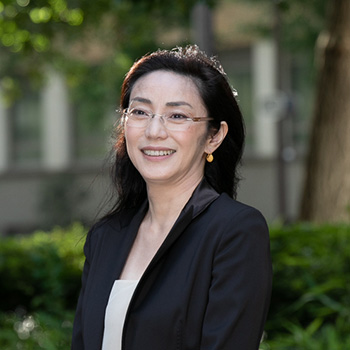
Kae Nemoto
Professor / Okinawa Institute of Science and Technology Graduate University, Quantum Information Science and Technology Unit
Biography
Kae Nemoto is a professor at Okinawa Institute of Science and Technology and the Center Director for OIST Center for Quantum Technologies. She is also a professor at the National Institute of Informatics (NII) in Tokyo, where she serves as the director of the Global Research Center for Quantum Information Science and the co-director of the Japanese-French Laboratory for Informatics (JFLI). Her research is focused around quantum computation and machine learning, architecture for quantum computer and devices, quantum networks, and complex systems. She is a Fellow of both the IoP (UK) and the APS (US).
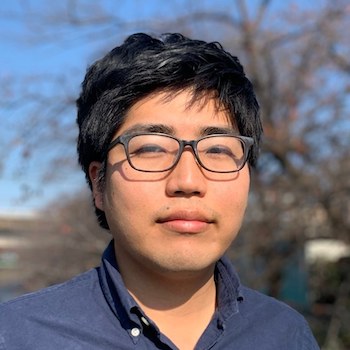
Suguru Endo
Associate Distinguished Researcher / NTT Computer & Data Science Laboratories
Biography
Suguru Endo was born in Kanagawa, Japan. He received his bachelor’s and master’s degrees from Keio University in 2014 and 2016 and his Ph.D. degree from University of Oxford in 2019. He has been working as a researcher in NTT laboratories since 2020. His research interests focus on hybrid quantum-classical algorithms, quantum error mitigation, and circuit QED.
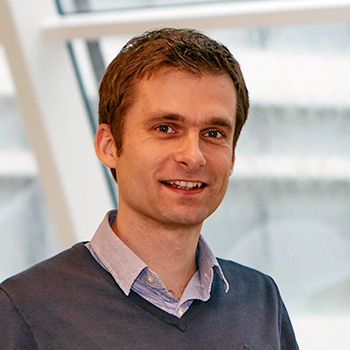
Jan Kosinski
Group Leader / European Molecular Biology Laboratory (EMBL) Hamburg
Biography
Dr. Jan Kosinski is a group leader at the European Molecular Biology Laboratory (EMBL) and the Centre for Structural Systems Biology (CSSB) in Hamburg, Germany. He earned his PhD from the International Institute of Molecular and Cell Biology in Warsaw, Poland, and obtained his postdoctoral training at the Sapienza University of Rome, Italy, and at EMBL Heidelberg, Germany. Since 2017, Dr. Kosinski has led his own research group at EMBL and CSSB, focusing on integrative modeling of macromolecular assemblies and the structural systems biology of infections caused by pathogens. His most prominent recent achievements include building structural models of nuclear pore complexes and assemblies involved in bacterial and viral infections, along with new software for integrative structural modeling and in-cell structural biology.
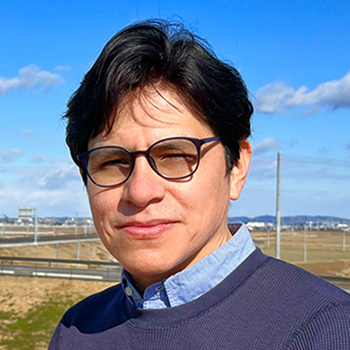
Bruno Adriano
Associate Professor / International Research Institute of Disaster Science, Tohoku University
Biography
Bruno Adriano is an associate professor with the International Research Institute of Disaster Science (IRIDeS) at Tohoku University. He is also a visiting scientist at the Geoinformatics Team at the RIKEN Center for Advanced Intelligence Project (AIP). His research interests include earth observation, machine learning, and high-performance computer simulation technologies with applications to disaster management and environmental monitoring.
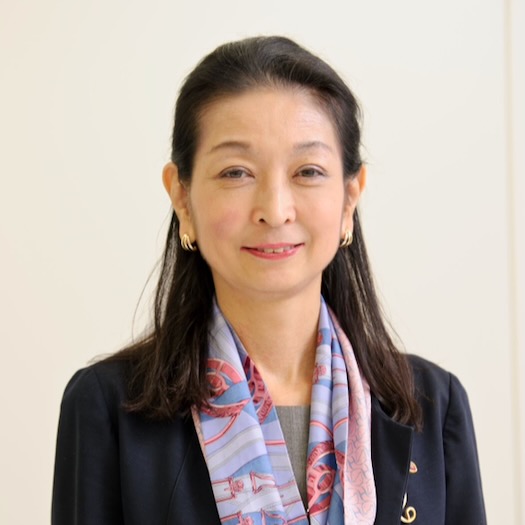
Marie Oshima
Professor, Ph.D / IIS, University of Tokyo
Biography
Professor Marie Oshima is currently a joint professor at Interfaculty Initiative in Information Studies and the Institute of Industrial Science (IIS) at the University of Tokyo. She received the Ph.D. in Engineering from the University of Tokyo. She started her career as a research associate at IIS after completing the Ph.D. program. She was promoted to be a professor in 2005 after a joint associate professor at The University of Tokyo and Tsukuba University. Her main research field is computational hemodynamics, particularly medical image-based model, and blood flow simulation of cardiovascular diseases such as atherosclerosis and cerebral aneurysms for clinical applications. She has been also engaged in flow visualization and measurements using micro-PIV (Particle Image Velocimetry) technique for microflow devices. She became the first female president of the JSME (Japan Society of Mechanical Engineers) which is one of the largest academic societies in Japan and celebrated the 120th anniversary in 2017 during her term. She is a General Council member of the IACM (International Association of Computational Mechanics) and the APACM (Asian Pacific Association of Computational Mechanics).
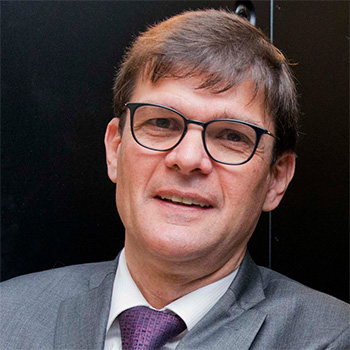
Eric Monchalin
Vice President, Head of Machine Intelligence / Eviden
Biography
Eric Monchalin is Vice-President, Head of Machine Intelligence at Eviden and Chair of the European Processor Initiative. At Eviden, he is responsible for creating and finalizing new technological and business initiatives and direction for the Big Data and Security Global Business Line. His career has been built on numerous R&D positions in the areas of embedded systems, communication, storage, AI, edge and high-performance computing. He is a technology-minded person who has a wide range of skills and technological knowledge and is fully focused on turning customers’ wishes into reality.
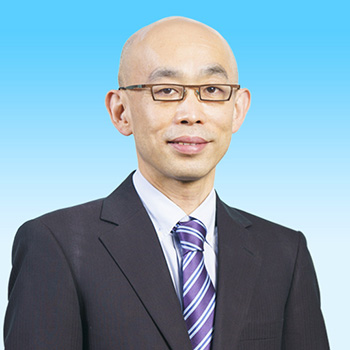
Masaaki Kondo
Team Leader / RIKEN Center for Computational Science
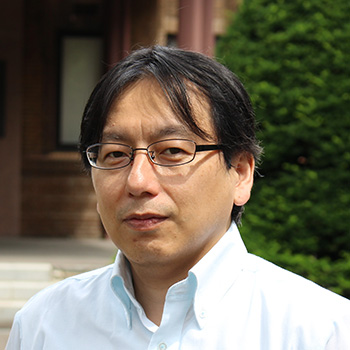
Takeshi Iwashita
Visiting Scientist / RIKEN Center for Computational Science
Professor / Academic Center for Computing and Media Studies, Kyoto University
Biography
Takeshi Iwashita was born in 1971. He received a B.E., an M.E., and a Ph.D. from Kyoto University in 1992, 1995, and 1998, respectively. In 1998-1999, he worked as a post-doctoral fellow of the JSPS project in the Graduate School of Engineering, Kyoto University. He moved to the Data Processing Center of the same university in 2000. In 2003-2014, he worked as an associate professor in the Academic Center for Computing and Media Studies (ACCMS), Kyoto University. In 2014-2023, he worked as a professor in the Information Initiative Center, Hokkaido University. He currently works as a professor in ACCMS, Kyoto University. His research interests include high performance computing, linear iterative solver, and electromagnetic field analysis. He is a member of IEEE, SIAM, IPSJ, IEEJ, JSIAM, JSCES, and JSAEM.
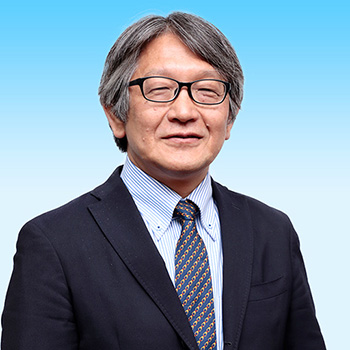
Mitsuhisa Sato
Deputy Director / RIKEN Center for Computational Science

Wataru Mizukami
Associate Professor / Center for Quantum Information and Quantum Biology, Osaka University
Biography
Wataru Mizukami leads the “Quantum Computing for Chemistry and Material Science” group at the Center for Quantum Information and Quantum Biology (QIQB), at Osaka University. He obtained his PhD in 2011 from the Graduate University for Advanced Studies in Japan under the supervision of Prof. Takeshi Yanai. He then worked with Dr. David Tew at the University of Bristol as a Marie Curie Fellow. In 2014, he joined RIKEN, Japan, as a Special Postdoctoral Researcher under the supervision of Dr. Yuji Sugita. He has held his current position since 2021. His main research focuses on the development and application of quantum algorithms for chemistry.
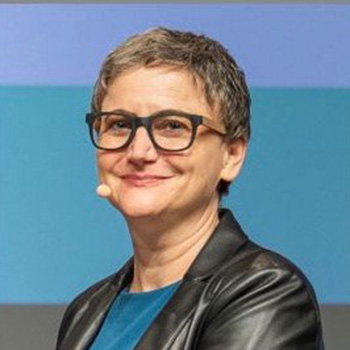
Michela Taufer
Dongarra Professor / Global Computing Laboratory, University of Tennessee Knoxville
Biography
Michela Taufer is an ACM Distinguished Scientist and holds the Jack Dongarra Professorship in High-Performance Computing in the Department of Electrical Engineering and Computer Science at the University of Tennessee, Knoxville (UTK). She earned her undergraduate degree in computer engineering from the University of Padova, Italy, and her doctoral degree in computer science from the Swiss Federal Institute of Technology (ETH) in Switzerland. From 2003 to 2004, she was a La Jolla Interfaces in Science Training Program (LJIS) Postdoctoral Fellow at the University of California, San Diego (UCSD) and The Scripps Research Institute (TSRI), where she worked on interdisciplinary projects in computer systems and computational chemistry.
Michela has a long history of interdisciplinary work with scientists. Her research interests include scientific applications on heterogeneous platforms (such as multi-core platforms and accelerators), Artificial Intelligence (AI) for cyberinfrastructures (CI), AI integration into scientific workflows, computer simulations, and data analytics. She has been serving as the principal investigator of several NSF collaborative projects. Additionally, she has significant experience in mentoring a diverse population of students in interdisciplinary research. Michela's training expertise includes efforts to promote high-performance computing participation in undergraduate education and research and initiatives to increase the interest and involvement of diverse populations in interdisciplinary studies.
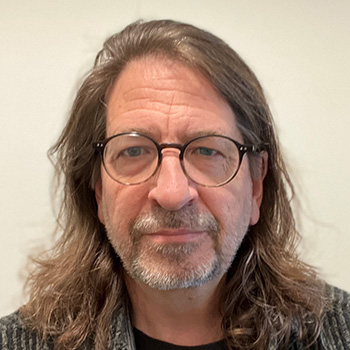
Rick Stevens
Associate Laboratory Director, Argonne Distinguished Fellow / Argonne National Laboratory
Professor of Computer Science / The University of Chicago
Biography
Rick Stevens is a Professor of Computer Science at the University of Chicago as well as the Associate Laboratory Director of the Computing, Environment and Life Sciences (CELS) Directorate and Argonne Distinguished Fellow at Argonne National Laboratory. In these, and in numerous other roles, he is responsible for ongoing research in the computational and computer sciences from high-performance computing architecture to the development of tools and methods for bioinformatics, cancer, infectious disease, and other challenges in science and engineering. Recently, he has focused on developing AI methods for a variety of scientific and biomedical problems, and also has significant responsibility in delivering on the U.S. national initiative for Exascale computing and the Argonne AI for Science initiative.
Currently, Stevens is the PI of the Bacterial / Viral Bioinformatics Resource Center (BV-BRC) which is developing comparative analysis tools for infectious disease research and serves a large user community; the Exascale Deep Learning and Simulation Enabled Precision Medicine for Cancer project through the Exascale Computing Project (ECP) which focuses on building a scalable deep neural network application called the CANcer Distributed Learning Environment (CANDLE) and recently earned a 2023 R&D100 Award; the Innovative Methodologies and New Data for Predictive Oncology Model Evaluation (IMPROVE) project which is building a comprehensive framework and exascale workflow to compare deep learning models that are aimed at solving critical problems; and the Exploration of the Potential for Artificial Intelligence and Machine Learning to Advance Low-Dose Radiation Biology Research (RadBio-AI) project to investigate the opportunity of understanding the impact of low doses of radiation on biological systems, including humans.
Stevens is a Fellow of the American Association for the Advancement of Science and a Fellow of the Association of Computer Machinery (ACM).
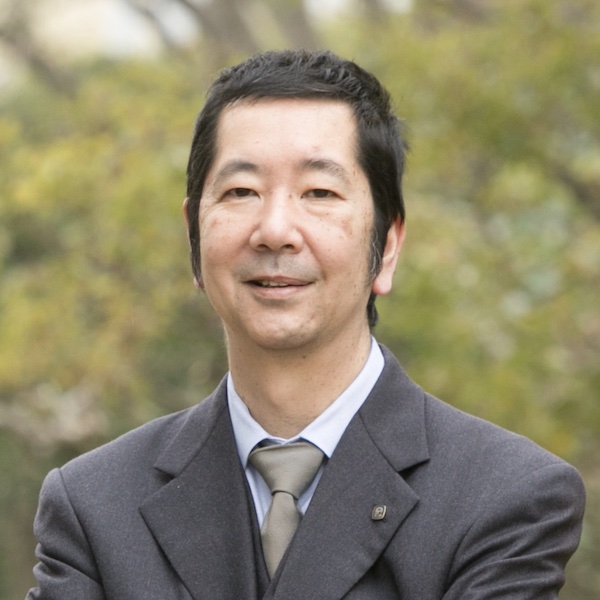
Makoto Taiji
Deputy Director / RIKEN Center for Biosystems Dynamics Research
Biography
Dr. Taiji obtained his doctorate degree from the Department of Physics, Graduate School of Science, The University of Tokyo. After working as an assistant professor at the Institute of Statistical Mathematics at the same university, he moved to the RIKEN Genomic Sciences Center in 2002, to take a position as a team leader. He developed MDGRAPE-3, a dedicated supercomputer for molecular dynamics simulations, and was twice awarded the Gordon Bell Prize recognizing outstanding achievements in high-performance computing. In April 2011, he was appointed Group Director of the Laboratory for Computational Molecular Design at the RIKEN Quantitative Biology Center (QBiC), and later in 2013, was also named Deputy Director of QBiC. Since 2018, he holds the position of Team Leader of the Laboratory for Computational Molecular Design at the BDR, and in April 2019, he was appointed as one of the BDR Deputy Directors.

